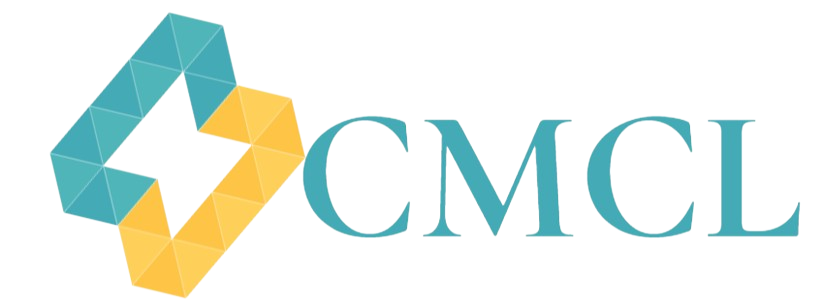Loans

Personal loan
A personal loan is an amount of money you can borrow to use for a variety of purposes. For instance, you may use a personal loan to consolidate debt, pay for home renovations, or plan a dream wedding. Personal loans can be offered by banks, credit unions, or online lenders. The money you borrow must be repaid over time, typically with interest. Some lenders may also charge fees for personal loans.
In finance, a loan is the transfer of money by one party to another with an agreement to pay it back. The recipient, or borrower, incurs a debt and is usually required to pay interest for the use of the money.The document evidencing the debt (e.g., a promissory note) will normally specify, among other things, the principal amount of money borrowed, the interest rate the lender is charging, and the date of repayment. A loan entails the reallocation of the subject asset(s) for a period of time, between the lender and the borrower.
The interest provides an incentive for the lender to engage in the loan. In a legal loan, each of these obligations and restrictions is enforced by contract, which can also place the borrower under additional restrictions known as loan covenants. Although this article focuses on monetary loans, in practice, any material object might be lent.
Acting as a provider of loans is one of the main activities of financial institutions such as banks and credit card companies. For other institutions, issuing of debt contracts such as bonds is a typical source of funding.


mortgage loan
A mortgage loan is a very common type of loan, used by many individuals to purchase residential or commercial property. The lender, usually a financial institution, is given security – a lien on the title to the property – until the mortgage is paid off in full. In the case of home loans, if the borrower defaults on the loan, the bank would have the legal right to repossess the house and sell it, to recover sums owing to it.
Similarly, a loan taken out to buy a car may be secured by the car. The duration of the loan is much shorter – often corresponding to the useful life of the car. There are two types of auto loans, direct and indirect. In a direct auto loan, a bank lends the money directly to a consumer. In an indirect auto loan, a car dealership (or a connected company) acts as an intermediary between the bank or financial institution and the consumer.
Other forms of secured loans include loans against securities – such as shares, mutual funds, bonds, etc. This particular instrument issues customers a line of credit based on the quality of the securities pledged. Gold loans are issued to customers after evaluating the quantity and quality of gold in the items pledged. Corporate entities can also take out secured lending by pledging the company's assets, including the company itself. The interest rates for secured loans are usually lower than those of unsecured loans. Usually, the lending institution employs people (on a roll or on a contract basis) to evaluate the quality of pledged collateral before sanctioning the loan.

Unsecured Loan
Unsecured loans are monetary loans that are not secured against the borrower's assets. These may be available from financial institutions under many different guises or marketing packages:
Credit cards
Personal loans
Bank overdrafts
Credit facilities or lines of credit
Corporate bonds (may be secured or unsecured)
Peer-to-peer lending
The interest rates applicable to these different forms may vary depending on the lender and the borrower. These may or may not be regulated by law. In the United Kingdom, when applied to individuals, these may come under the Consumer Credit Act 1974.
Interest rates on unsecured loans are nearly always higher than for secured loans because an unsecured lender's options for recourse against the borrower in the event of default are severely limited, subjecting the lender to higher risk compared to that encountered for a secured loan. An unsecured lender must sue the borrower, obtain a money judgment for breach of contract, and then pursue execution of the judgment against the borrower's unencumbered assets (that is, the ones not already pledged to secured lenders). In insolvency proceedings, secured lenders traditionally have priority over unsecured lenders when a court divides up the borrower's assets. Thus, a higher interest rate reflects the additional risk that in the event of insolvency, the debt may be uncollectible.
Demand
Demand loans are short-term loans that typically do not have fixed dates for repayment. Instead, demand loans carry a floating interest rate, which varies according to the prime lending rate or other defined contract terms. Demand loans can be "called" for repayment by the lending institution at any time. Demand loans may be unsecured or secured.
